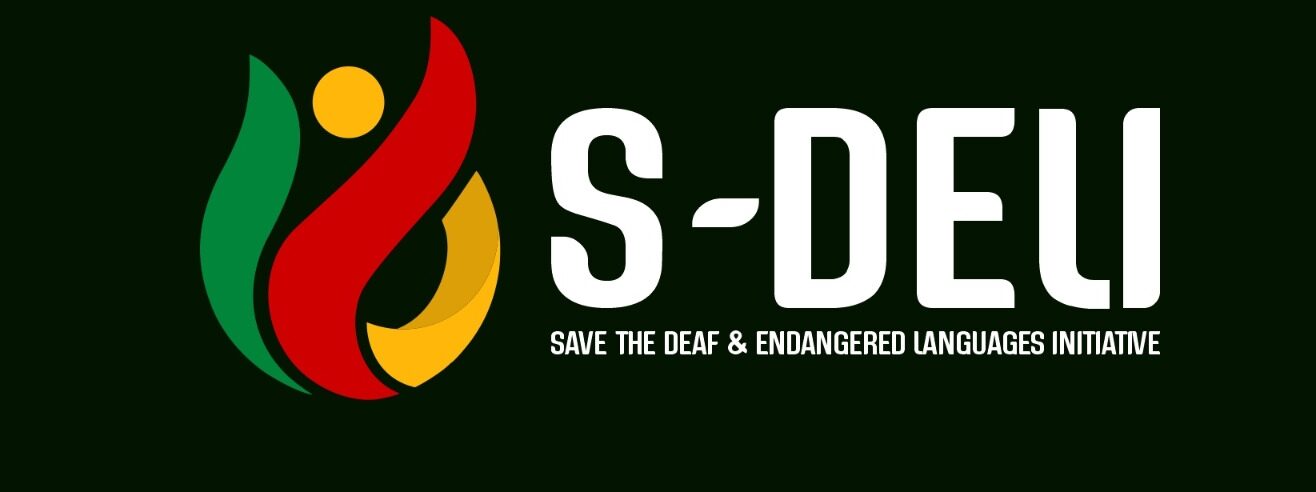Around 14 per cent of adolescents in Nigeria are hearing impaired, yet their specific sexual and reproductive health needs as young people with a disability have long been ignored.
According to the Nigerian Demographic and Health Survey (2013), the average age for women at first sexual intercourse is 17.6 years and for men it is 21.1 years. In addition, 23 per cent of adolescent women age 15-19 are either pregnant with their first child or already mothers.
Clearly, there is a need for young people to be educated in sexual and reproductive health issues before they become sexually active. But most television programmes and radio jingles that deal with these issues are targeted at those who can hear. Young people who are hearing impaired face multiple vulnerabilities, and little is being done to ensure they receive and understand vital information to protect their sexual and reproductive health.
Hearing impaired young people more vulnerable
At the 3rd Family Planning Conference held in Abuja last year there was a consistent call for the Ministry of Health to collaborate with other Ministries such as Education and Women’s Affairs who have already developed strategies for communicating with hearing impaired young people. Such a collaboration of special educators and behavioral change experts could help produce essential materials suitable for these young people.
However, so far, nothing tangible has been recorded in this regard according to Mu’azu Muhammed, a health communication expert at Targeted States High Impact Project (Tship Nigeria) and founder of Generation Development Initiative Nigeria.
Ibe Okenwa, dean of School for the Deaf in Imo state, confirms that they have no special educational materials available for students to learn about sexual and reproductive health. “It would be a very welcome development if concerned authorities can make it possible,” he says.
Okenwa added that peer educator trainers occasionally come to talk to students about sexual and reproductive health issues. But an interpreter has to be around for the students to understand the messages being shared and these opportunities are few and far between.
Providing learning materials designed specifically to help hearing impaired adolescents learn about sexual and reproductive health issues, such as preventing unwanted pregnancies and HIV, could make a huge difference in helping them make informed choices. One such project in Vietnam has already shown its value, allowing hearing impaired adolescents to take the initiative in dealing with their sexual and reproductive health.
Individuals battle to change the status quo
Dr Emmanuel Asonye is the coordinator and founder of Fighting for the Vulnerable, an NGO that is focused on addressing the needs of hearing impaired people in Nigeria. He says the hearing impaired can have trouble trusting people around them as they can’t hear them speak, and another issue is that communicating using sign language is not possible when it is dark.
Last year, Dr Asonye organised an event where hearing impaired young people were trained in ballet and hip-hop and got an opportunity to present a cultural programme. He says: “A major challenge we faced was nonchalance and a lackluster attitude from most local agencies and organisations we approached for partnership and sponsorship.”
Dr Asonye believes that alongside the right supporting materials, such creative activities could be a great way to engage hearing impaired adolescents in sexual and reproductive health education. But apart from the few dedicated people like Dr Asonye, there is no concerted effort to ensuring the welfare and development of these young people in Nigeria. Ministers and other decision makers seem to have quickly forgotten the discussions from the Family Planning Conference.
Addressing the unmet needs for sexual and reproductive health education for hearing impaired young people needs to be given priority not just at the community level but also at the national level. Developing appropriate learning materials is a small, but essential, part in the effort to help hearing impaired adolescents develop to their fullest potential, and it mustn’t be overlooked.
